Update
Ive been slower than usual posting because I am launching a podcast in the coming weeks and have a line up of amazing VCs, Entrepreneurs and Thought Leaders to share their ideas and more. Stay tuned.
The Setup
A few weeks ago I turned 38. Like any other day I woke up, brushed my teeth, and hopped in the shower. On this day it dawned on me that in a couple years I’ll turn 40. Mortality hit me like a brick. The realization coursing through my veins that my mid-life point was just around the corner. So many personal goals have gone by the wayside and that laundry list of things I wanted to accomplish in my thirties taunted me like an opposing team spiking the football in the end-zone after a touchdown.
Perhaps the biggest mountain to move on that list of goals was getting a grip on my weight. I pulled out my neglected but dependable digital scale, took a deep breath and slowly tapped my left foot on the scale like someone apprehensively dipping their toes in the water to test the temperature before taking a plunge.
One foot placed on the scale after the next I waited for the reading to display my score. My first reaction was to rub my eyes to ensure I was properly seeing the number displayed across the bright blue display. Something must be wrong with the scale I thought, let me re-position myself and get a second reading. Attempt number two and the result didn’t change. The number staring me down on the scale triggered a fear in me like no other. I resigned myself to the idea that the scale wasn’t properly functioning, took a deep breath and logged the embarrassingly large number in my fitness tracker app that I hadn’t used for an eternity.
Growing up in an American-Syrian household food was simply a core part of life. Family gatherings, birthdays, holidays, and get togethers were weekly occurrences accompanied by a feast fit for kings. I grew up thinking that being hand fed like a man child was normal. In my twenties I set out to prove to the world and myself that I was a worthy world-class business builder and in doing so I made un-healthy choices in my pursuit. The idea of work life balance took a back seat to crushing KPIs and breaking out into unicorn status.
During this period of my life my relationship to nutrition was determining which drive throughs had the shortest wait times and which fast food chains had the best extra value meal combos. The better the business did the bigger my waistline got, and before I knew it I tipped the scale at over 300lbs. Fast forward to 2014 and I pledged with the support of my amazing wife to get healthy. The weight came off with better diet, exercise and new tools to cope with stress and luckily it never got back to the dreaded 300 number.
But as the famous saying goes “old habits die hard,” I found myself running up a tab on my bathroom scale as each major life event unfolded. A new kid +10lbs, quarantine +10lbs, work-related stress factors +5lbs. Before I knew it I was climbing the weight charts back to a familiar dreaded territory again. The kind of high score that I didn’t want to achieve. Life long weight management would require me to take a radical new approach that combines physical, mental and nutritional discipline .
I can safely say I have tried everything to aide me in my weight-loss and health journey with the exception of medication and surgery. Here is a sample of diet’s i’ve tried and adhered at one point or another : 🍳Atkins, 👙 South Beach Diet, 🍠 Paleo, 🥑 Keto, 🥔 Potato Only Diet , 🥩 Carnivore, 🥦Vegan, 🥘 Slow Cooked Diet , 🚰Intermittent fasting , 🍎 Low Calorie, 🥤Juicing ,and the 🐠Mediterranean Diet to just name the more recent ones.
This doesn’t even include the thousands upon thousands of dollars I have spent over the past 15 years on countless types of health programs, books, gym memberships, fitness classes, applications, products and professionals that I’ve seen. While I have had some health wins with many of these diets, apps, and regimens their success always depended on adherence and the honour system.
Big Problems = Big Business
If there is any truth in the saying “There is strength in numbers,” I can at least say i’m not alone in tackling weight loss challenges. Nearly two-thirds of American adults are either overweight or obese. Childhood obesity is triple what it was a generation ago🤯. Globally, obesity is responsible for a chilling 4.7M pre-mature deaths worldwide each year. With endless choices of convenient 24/7 fast food nirvana that serve every kind of food cravings it’s no shock that obesity costs the U.S healthcare system a whopping $173B annually.
One Billion People Globally Estimated to be Living with Obesity by 2030
The most common metric used for assessing the prevalence of obesity is the body mass index (BMI) scale. The World Health Organization define BMI as: “a simple index of weight-for-height that is commonly used to classify underweight, overweight and obesity in adults. It is defined as the weight in kilograms divided by the square of the height in metres (kg/m2). An adult who weighs 70kg and whose height is 1.75m will have a BMI of 22.9.”Source. A BMI between 25.0 and 30.0 is considered to be ‘overweight’; a BMI greater than 30.0 is defined as “obese”. Source.
With massive waistlines across the globe comes a massive total addressable market.
The weight management market to garner 457B by 2029*
Weight management is a broad category and encompasses everything from fitness equipment, supplements, nutritional meals, calorie trackers, to health-clubs and slimming centres. Perhaps the one unifying force of this industry are the endless promises, claims and transformational potential they aim to deliver. In the 90s you could click on any cable channel after 11pm and find infomercial after infomercial promising a desperate audience quick fixes to their ever expanding waistline. My personal favourites were Richard Simmon’s Sweating to the Oldies, Hydroxycut’s magic fat burning pill or Nutrisystem’s meal plans that sent you weeks of worth of flash frozen low calorie airplane food.
In the early 2000’s Hollywood introduced us to The Biggest Looser, a show that would run for 17 seasons and turn its hosts into household brand names with multi-media fitness empires. The premise of this show promised its overweight contests a chance to redeem themselves and achieve their lifelong goals of getting fit by participating in a calorie restrictive diet with intense physical fitness and athletic competitions. Millions of viewers got hooked tuning into the show to ultimately get a glimpse of the before and after transformations that viewers, like me, probably imagined could be us one day.
In 2007 Steve Jobs walked out on stage at the MacWorld Expo and announced a magical little device that could fit in your pocket called the iPhone. A rush of health applications flooded the market from weight monitoring to food tracking to calories counters. The first wave of digitally native weight management and loss apps like MyFitnessPal, Looseit, and Fitbit took off. That same year a small unknown company named Healthy Metrics Research Inc. launched. You probably know them better as FitBit. And in 2008 a company called Noom entered the fold with a new approach of combining tech, psychology and coaching into an all in one application. In many ways this period of time was the golden age for digital health and fitness. In 2013 UnderArmour planted a flag in the digital health landscape with the $150M acquisition of map my fitness and a $475M acquisition of My Fitness Pal in 2015.
Noom has gone on to raise $657M from some of the worlds best Venture Capital firms and was estimated to have generated $600M in revenue in 2021, capitalizing on the social and physical angst from quarantine. That same year the company spent $21M on digital advertisements and became a household brand name. I jumped on the Noom bandwagon after bumping into another parent I hadn’t seen for years and barely recognized because of their dramatic weight loss transformation.
I loved the idea of not having to limit myself to any specific type of diet and instead focusing on better understanding my psychological patterns and behaviours that triggered eating as well as the nutritional aspects of food choices. After committing to 6 months and paying $250 I was hooked. The first few months of my program I must have opened the app a dozen times a day, carefully logging every thing I threw in my mouth. Once a week a virtual coach would check in with me and provide some generic forms of encouragement over text. Initially I was encouraged by the community aspect of the program where you are thrown into a group chat with other “Noomers” that are part of your cohort. Everyday someone in the group would share a struggle, words of encouragement or celebrate a milestone.
After 3 months of Noom I dropped some noticeable weight but felt fatigued from logging every single food I ate. It became so repetitive and tedious that it made me wonder how this company raised over $600M and couldn’t build a smarter feature to track calorie consumption. I would often find duplicates for the same type of food I tried to log, each with different nutritional information and suggested serving sizes.
At the core of Noom is a system that classifies foods as either Green, Yellow or Red. Similar to Jenny Craig ($483M/yr revenue) and Weightwatchers ($1.4B/yr revneue) Noom uses gamification and learning loops to get you to choose more of the green foods (fruits and vegetables), moderate amounts of yellow foods (lean meats, low fat dairy, legumes, un-refined carbs) and less and less amounts of red foods (oils, fats, and sugars). Clearly this system wasn’t designed for people of Mediterranean origin! One damn tablespoon of 100% pure extra virgin olive oil and you have hit a quarter of your red foods budget. After about fourth months of playing the calorie logging game I had enough.
My frustration led me to looking for other newly established and credible weight-loss tech companies. I didnt find all too many. I discovered two that raised my eyebrows, the first one is called Found. Found is a company created by Atomic Labs and has raised $100M to give consumers easy access to medically prescribed weight-loss medication with a healthcare companion application. For anywhere between $99 and $149 a month you get a personalized Rx prescription, diet plan and a coach. I don’t believe there is any shame in pursuing weight loss through medically prescribed plans, but this was not a path I personally want to take to achieve my goals.
The second company I found interesting is called Lumen Health (raised $10M). Lumen created a device that takes a measurement from your breath to determine your metabolic rate. They then provide you with recommendations for diet and fitness through a mobile app. The company charges customers anywhere from $249 to $349 per year for using their services. I thought this was a novel approach to providing meaningful insights to achieve weight loss, but I figured it would tell me what I already knew…I have a damn slow metabolism and I need to eat healthy and work out. No diss to Lumen, and I am sure there is significantly more value there than what my confirmation bias infers, so if anyone from Lumen reads this send one over and I’ll give it a fair try.
The Hit Idea(s)
During the pandemic I read three books that had a profound impact on re-energizing my mindset towards getting healthy. Richard Roll’s Finding Ultra, David Goggin’s Can’t Hurt Me and David Clark’s Out There. All three books are inspirational journeys about overcoming adversity, tackling obesity, and working on your inner-game.
What I have learned from my many weight loss journeys is that discipline and adherence is the one dirty little secret that none of these fat busting solutions have cracked, nor do I believe they will ever. All three books reminded me that there is no magic bullet that can reverse the weight struggle other than good old sacrifice, discipline and hard work. I mean getting a push notification to log your calories during the middle of a company holiday party as they bring out Crème brûlée isn’t all that effective of a method for diet adherence. By no means am I knocking down Noom, Found, Lumen, or others the countless others. I do believe there is value in many of these weight loss and management applications and that they do have the potential to help many achieve their goals.
That said, if you are anything like me fear can be one hell of a motivator in permanently changing bad habits. For me that fear was nearing my mid-life point and having 3 wonderful children that depend on me and the idea of not having the energy or health to be there for them. Think about the impact that government mandates have had on deterring smoking by requiring grotesque pictures demonstrating the adverse effects of smoking on cigarette packages.
I’m sorry if this grossed you out, but shock treatment is kinda what I think a lot of people need..a wake up call and reminder that their health is precious. When I stepped on that scale the morning of my 38th birthday I thought out loud to myself wouldn’t it be funny if my scale could talk back to me and tell it to me like it is. Joe Rogan once read out loud a text message that former Navy Seal and Ultra Endurance Athlete David Gogins sent him on his birthday and I near damn peed myself laughing. David’s text to Joe went on to read:
This day, 54 years ago, you took your first breath. When taking that first breath, it made you eligible to die. I hope you’re not enjoying your day by sitting on the fucking couch with your feet up! Hopefully you’re somewhere out there suffering, talking to that inner bitch. See Joe, that inner bitch loves Motherfucker’s birthdays. Why?! Because it makes you an even bigger bitch. Because we feel it’s our special fucking day so we can chill the fuck out. Most people wake up to just exist on this planet. So Joe, if you haven’t gotten the fuck after it yet, maybe you should!!!!! Happy fucking birthday!!!!! Goggins out!!!!!!
As I stepped off the scale I chuckled out loud to the point where my wife came running asking me what was so funny. I replied to her, “I wish this scale could kick my ass and tell me how it is,” and then I shared her text David Goggins sent to Joe Rogan and explained to her how I wished my scale could be David Goggin’s voice screaming this text at me. We both couldn’t stop laughing. And then it hit me, the scale- a fixture in nearly everyone’s bathroom is pretty stupid and one dimensional in nature. Yes smart scales can transmit some basic data like weight to a mobile app and transfer information to apple health and third party apps, but how useful is this data?
I do realize that not all of you would appreciate having an aggressive personality like a former Navy Seal hurling expletives and insults in your face at 8 in the morning, but I guess that is my cup of tea for motivation and adherence. This doesn’t mean that the scale couldn’t offer you a library of other influencers, media personalities, athletes, coaches or leaders to drum up motivational quotes and recommendations to you through a monthly subscription service 😉.
What if the scale also behaved dynamically and personalized feedback based on a number of different preferences, insights, historical data, and personal goals. Imagine if the scale could ask me basic questions every morning that I could respond to through voice answers. Questions like “How did you sleep?,” “Did you stay on top of your diet yesterday,” “How does your body feel,” and “Whats your stress level today,” etc. The scale also connects to various wearables, smart mattresses, fitness and calorie trackers to correlate the data it collects through these devices with data from the basic questions it asks me every morning to personalize actions for me to take that day. Essentially, the scale could become your daily health journal and over time can use the various data points to predict trends. I would imagine these interactions would happen over 1-2 minutes each morning or evening.
One of my challenges during my many diets was overcoming weight plateaus. Sometimes these plateaus would last weeks and leave me feeling hopeless. Imagine the scale recognizing the data patterns of a plateau and helps me trouble shoot by suggesting specific diet and exercise plans to get over the hurdle. The possibilities of what this scale can do and how it could interact with you is endless.
The scale could also keep me in check, asking me whether I am serious and committed to my goals when I start putting the pounds back on, or it could read me a motivational quote to put some fire in my belly or even deduct money I put in an account to hold myself accountable to my goal. By no means do I believe that a number on the scale is the end all be all, but as I suggested above it is a powerful metric that isn’t easy to alter or manipulate.
Say you don’t weigh yourself for a day, the next day the scale could sound an alarm reminding you to get on. And while we are at it, you may as well have the scale remind you of the daily temp, time and date or act as an alarm clock. Simply because why not, it’s a smart freaking scale. I mean the possibilities of what this could do are endless and I hope one of you seriously considers how a Motivational Scale could help thousands of people like me stay on top of our goals.

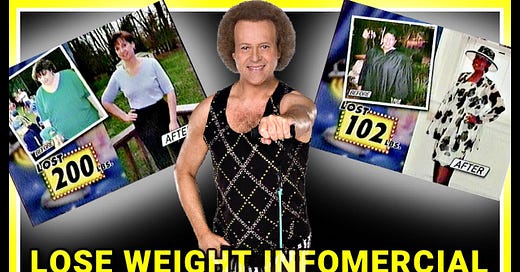



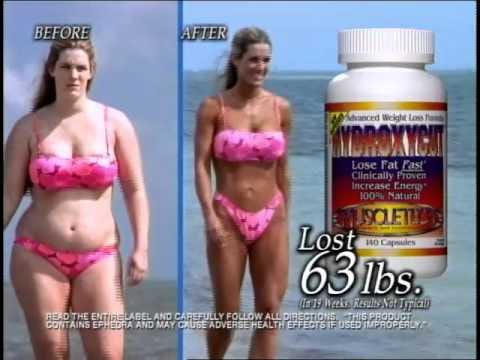
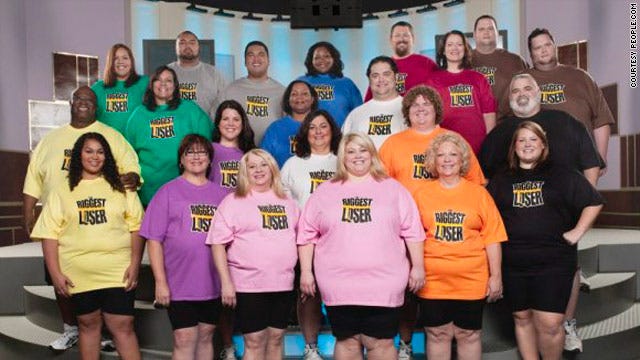
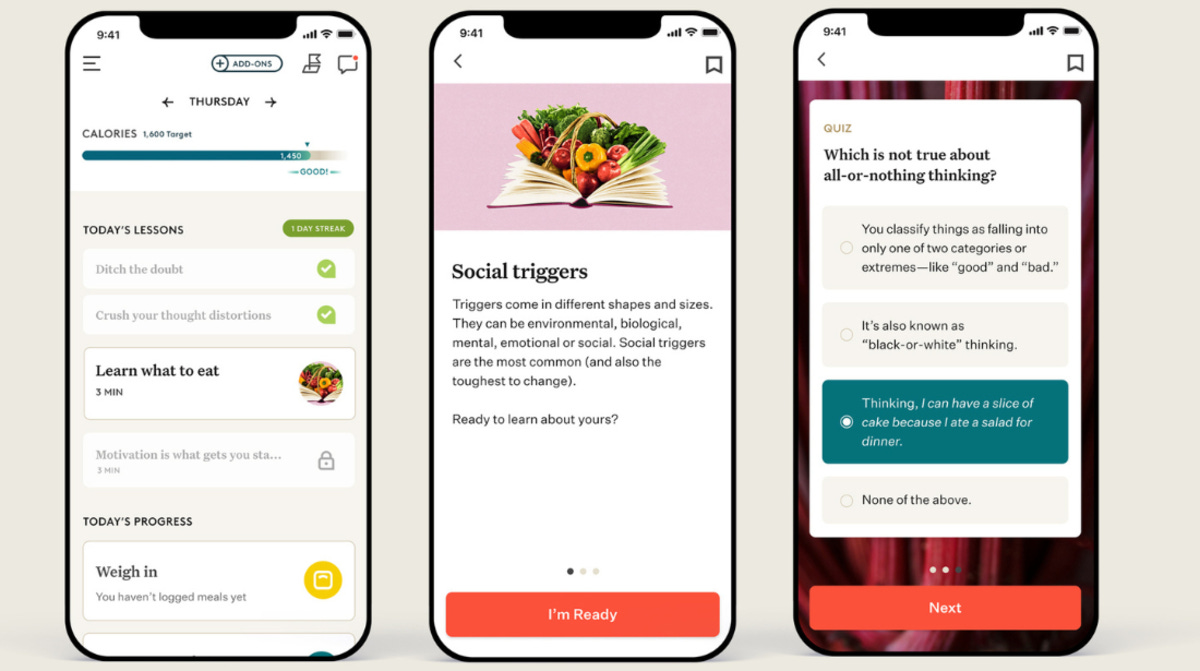
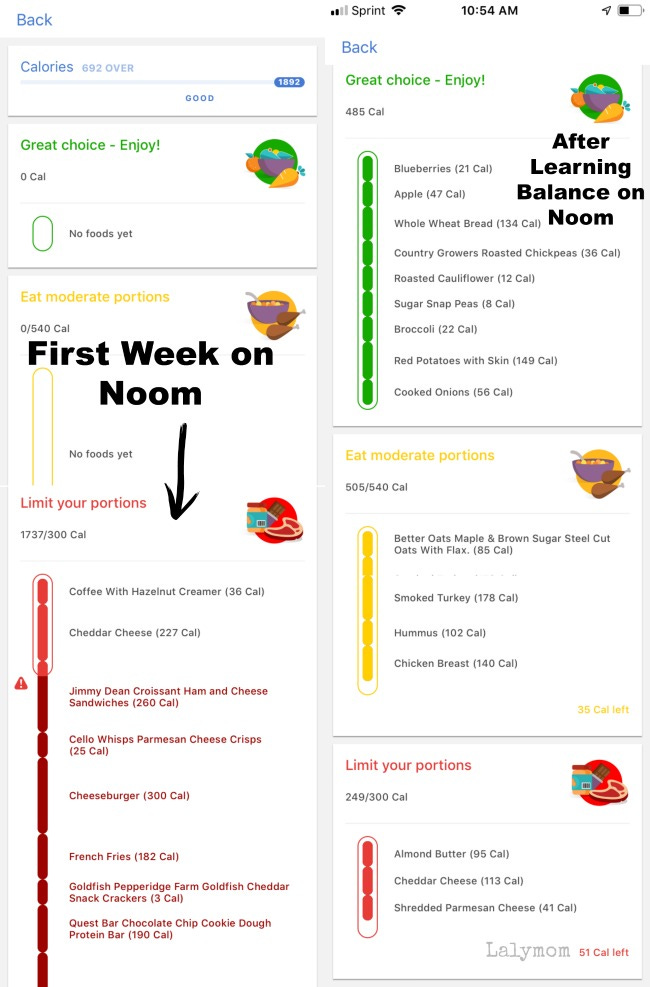

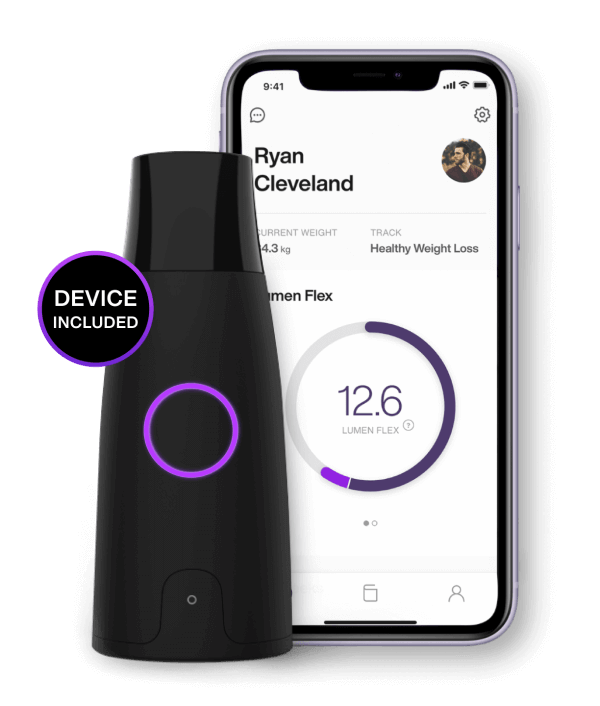
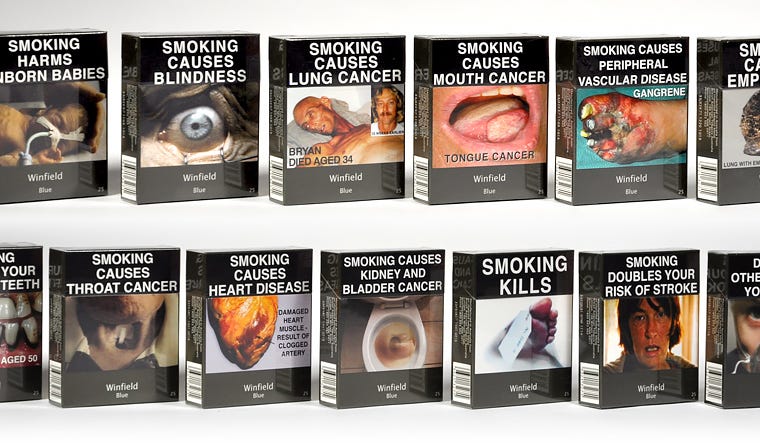
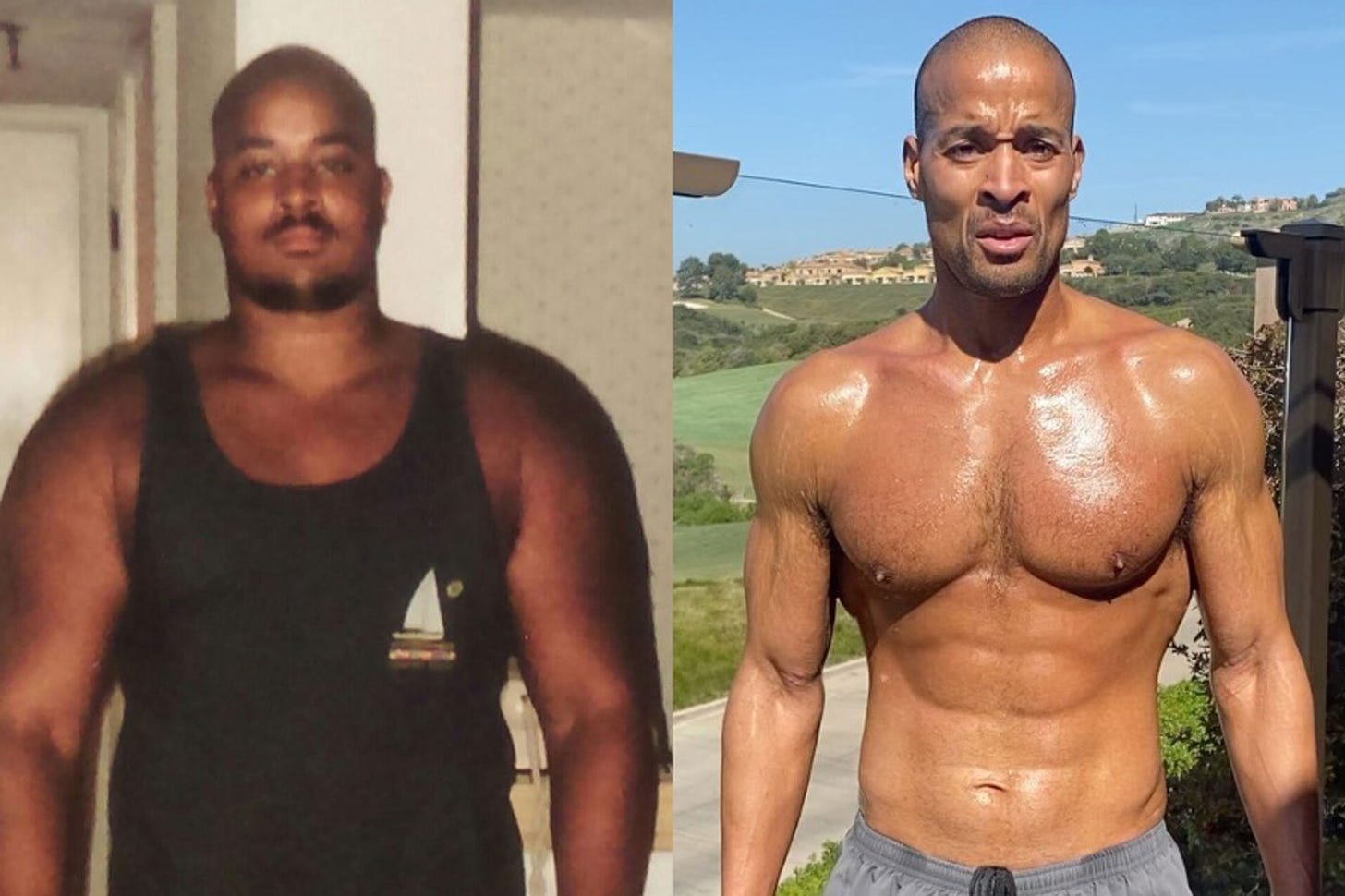
Huge problem and challenge to deal with. But when I see McDonalds make new ATH last week : https://www.tradingview.com/x/4sqMOpsA/ as well as UNH : https://www.tradingview.com/x/AsigqZA5/ , I have to agree that a shock treatment and wake up call are becoming absolutely necessary. We will have to stop being politically correct with those who are neglecting their health. It makes no sense that common knowledge still denies the relationship between sugar, fast food and diabetes. It makes no sense that common knowledge still denies the relationship between high levels of pesticides and cancer. It makes no sense that common knowledge still denies the relationship between a leaky gut and auto-immune disease (fatigue, depression, etc.). You are what you eat. Better knowledge is available with a mouse click. Why isn't it mainstream yet? Because McDonalds is making ATH ... cheers to that Big Mac
Challenge with weight loss is no product/app will do the work for you.
Personally, I find fitness activities I love doing. I don't log or track. I just get up and look forward to them 😁
-long walks through Montreal on nice days instead of metro
-walking the dog in the woods
-cycling places instead of driving
-any type of team sport
-ski/snowboarding
-River kayaking
-extreme hiking
If my schedule is crazy and I don't have time, I find I stuck at food deprivation. Cuz good food is awesome. So rather than cut food out, I just cut my portion size in half or by 25%.